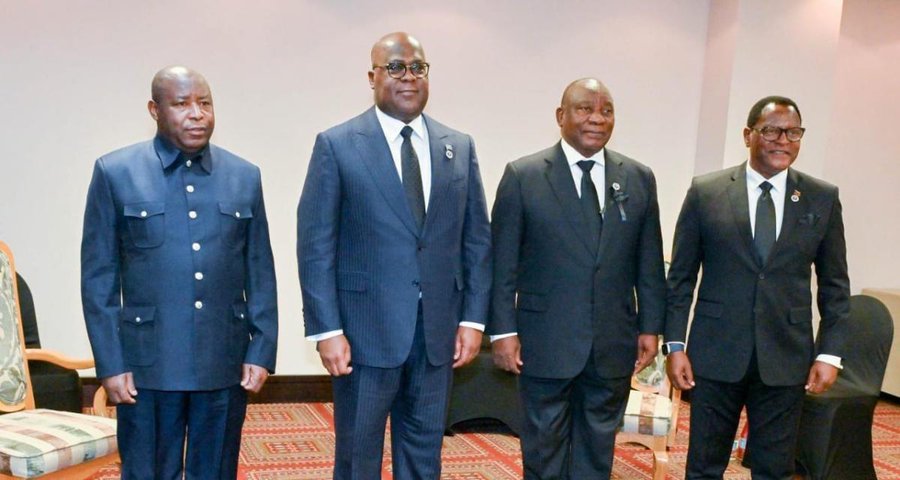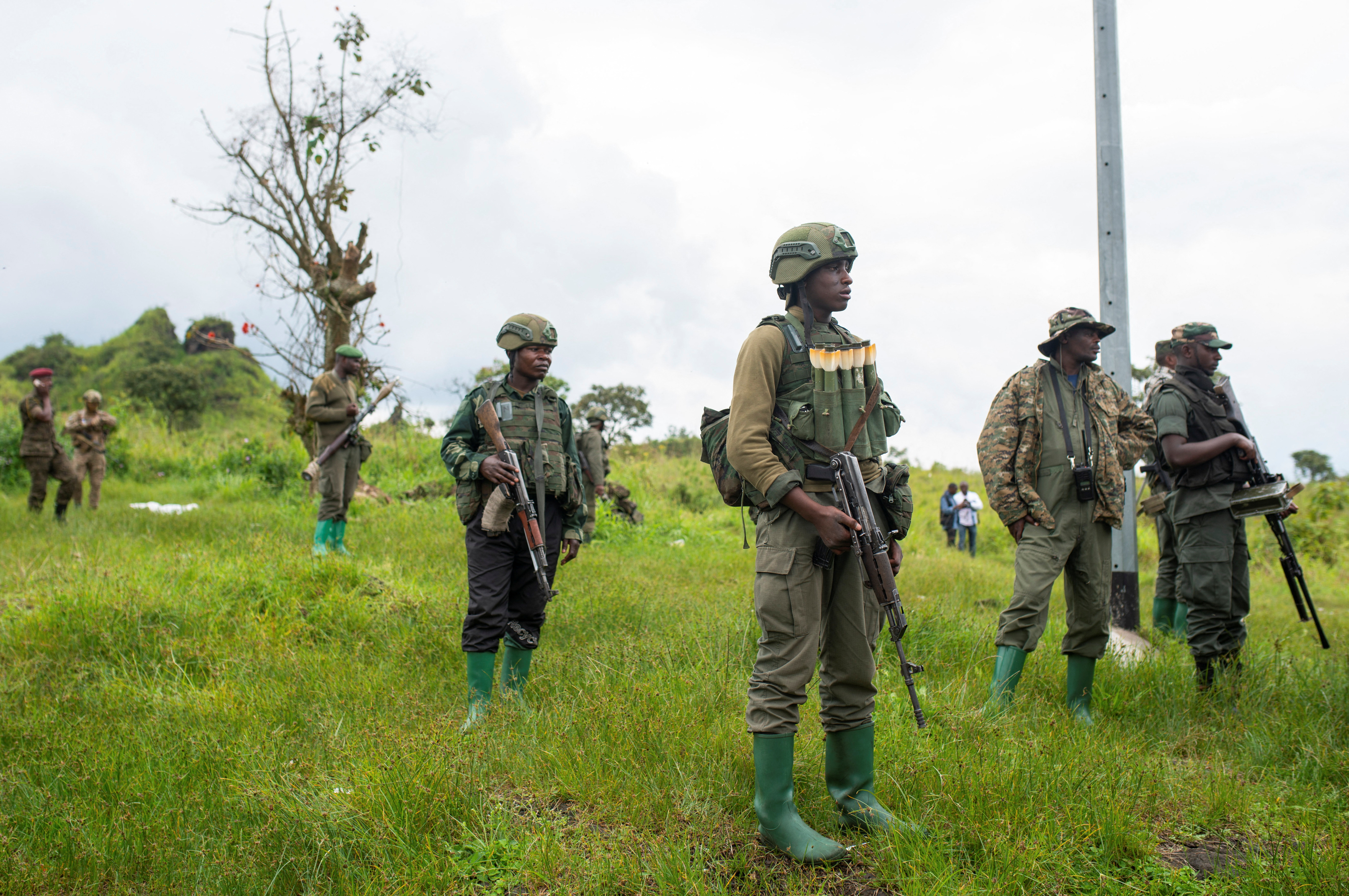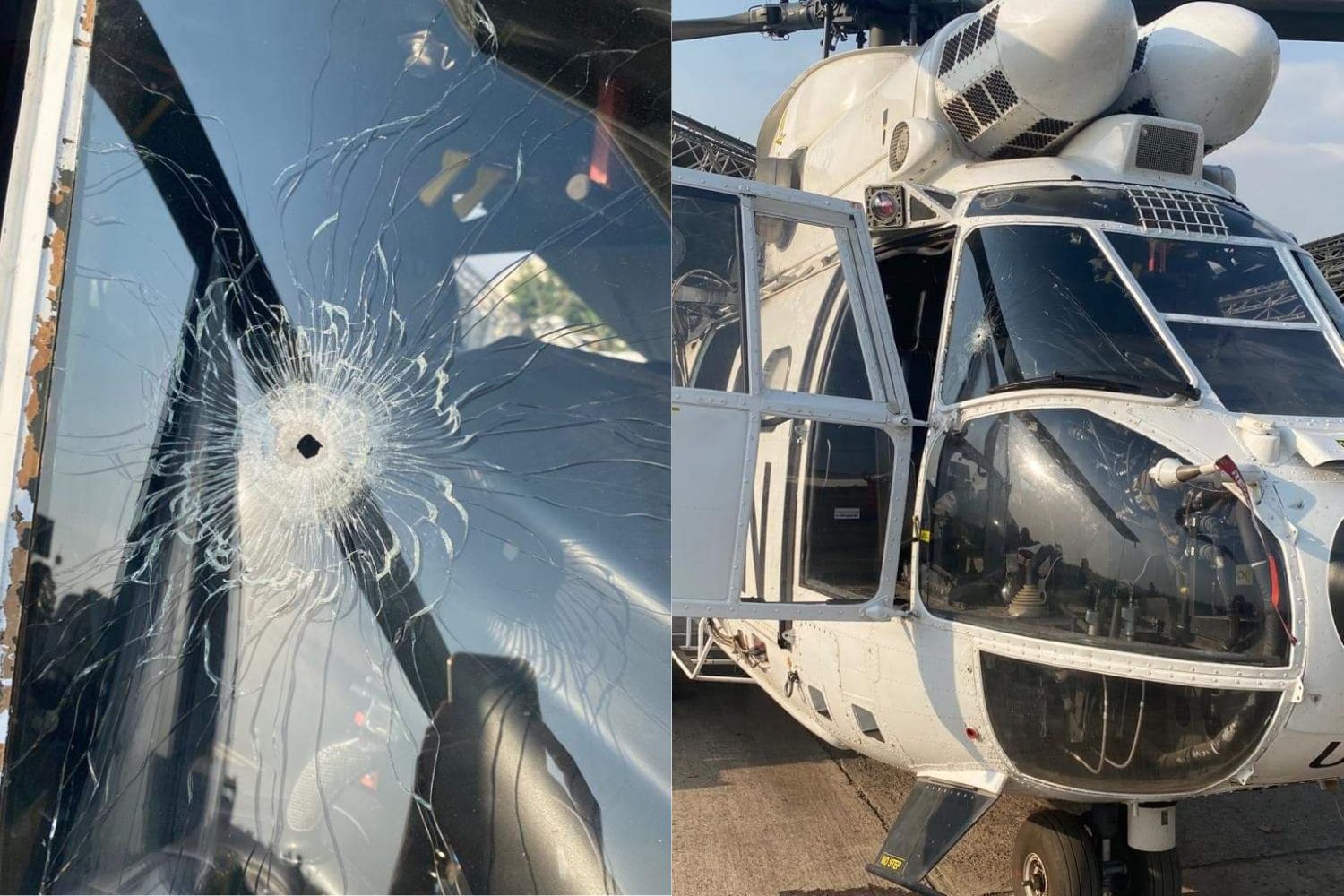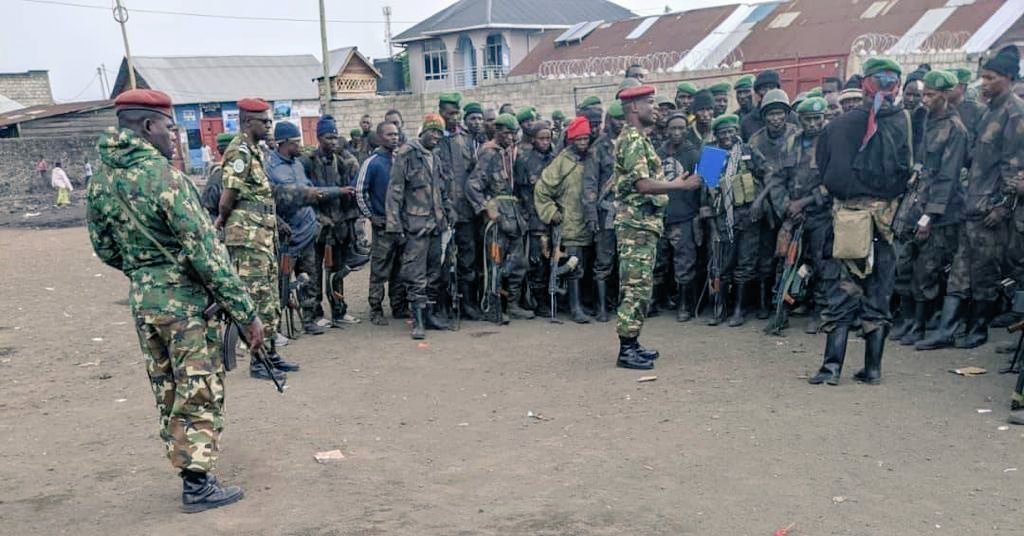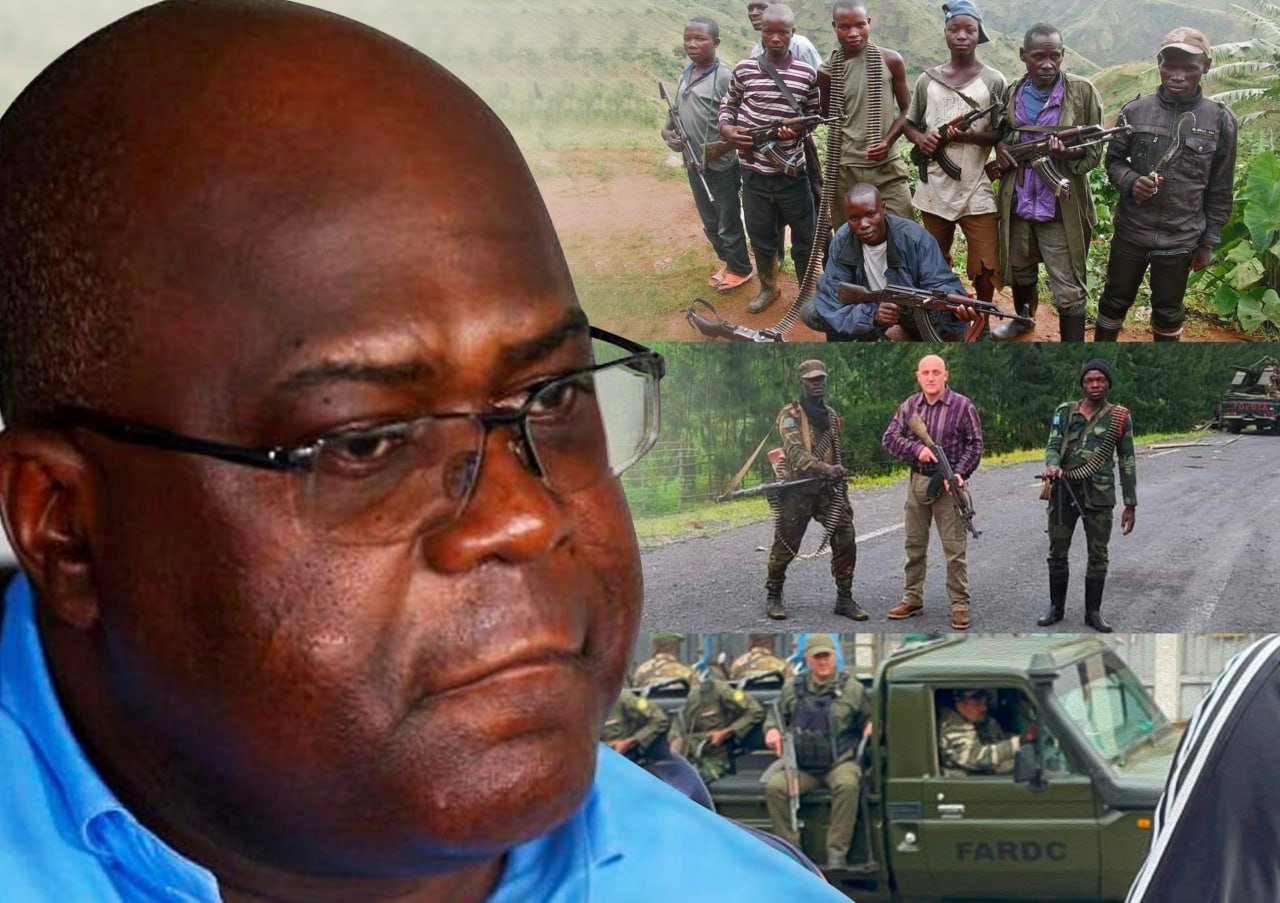Regional
The betrayal of Congolese Tutsi by the international community is not new

KAMPALA-UGANDA
The
United Nations Peacekeeping Force going by the acronym MONUC and later changed to MONUSCO has been deployed in the
east of the Democratic Republic of Congo (DRC) for more than two decades to help
bring peace and stability. Hundreds of Congolese Tutsi have been killed in the
UN mission’s presence while thousands more left the country and are living as
refugees in neighboring countries.
It is incomprehensible how MONUSCO, with an annual budget of
around $ 1 billion, and being one of the world’s largest and costliest
peacekeeping missions, failed to protect the Congolese Tutsi. The latter are
still being targeted and killed, with impunity.
After the UN force failed to end the war, and planning to phase out its embarrassing mission
with no achievements to boast of, the blue helmets have turned their guns
against M23 rebels, who are the only force standing to protect the Congolese
Tutsi against ethnic cleansing.
The persecution of Congolese Tutsi has been promoted by
President Félix Tshisekedi’s administration under which
they have suffered ethnic discrimination, hate speech, lynching, cannibalism, and
endless torture, with some being buried alive.
The ethnic cleansing project is publicly fanned by high
ranking government and security officials as well as government sponsored
militia such as Wazalendo.
The international community is watching and instead blames M23
rebels as the aggressors while handling Tshisekedi with kids gloves.
When the UN force joins DRC government forces (FARDC) to
fight people who have been denied their fundamental rights, then something is
wrong within the international community. Additionally, FARDC is operating with
support from Eastern Europe mercenaries, SADC troops, the genocidal FDLR
militia group and Wazalendo militia. How can a UN force that is supposed to be
guided by international law stoop too low to work hand in hand with genocidal
groups and local militia who have committed human rights violations?
The world is witnessing one of the worst blunders and
hypocrisy by the UN and the international community in the eastern DRC crisis. The
European countries that are blaming M23 rebels and calling for their withdraw
should be the last to point an accusing finger since they bear the historical
responsibility of the mess we see today in eastern DRC. The drawing of
imaginary borders during the Berlin conference, in 1884, divided communities
that found themselves belonging to different countries yet they shared the same
language and culture.
Through successive regimes, the Congolese Tutsi have been
treated as foreigners and not belonging to DRC yet they have no other country
to call home. The international community makes statements asking M23 rebels to
withdraw from occupied territories, but where do they want them to go?
As far
back as 1965, the US administration knew the problem of persecution and killing
of Kinyarwanda speaking Congolese Tutsi, but until today, the same
administration acts as if they do not know the problem or they do not value the
lives that have been lost simply because they are Kinyarwanda-speaking
Congolese Tutsi.
In
October 1965, the US consulate in Bukavu reported about the killings of the
Congolese Tutsi that was taking place at the time. This is what was said:
“A
recent outbreak of violence in Masisi territory, North Kivu, has resulted in
at least two hundred deaths. The source of violence has been friction between
the BAnyarwanda and the Bahunde. The Banyarwanda comprise of 85 to 90 percent
of the territorial population. The Bahunde minority control all the territorial
governmental apparatus and hence the Banyarwanda. BAhunde administration of
justice and BAnyarwanda property has produced a number of legitimate
grievances.
For
its political ends, the Wa-Nande-controlled North Kivu Provincial Government seeks
to picture the Banyarwanda as refugees (which they are not) and not as
Congolese citizens (which they are). No attempt has been made by the
Provincial government to correct or even recognize the grievances of the
Banyarwanda. Instead, the north Kivu government claims that there is a vast
conspiracy organized by the “Rwandan emigres”.
At
first I thought the international community does not understand the root causes of the conflict in eastern
DRC. I was naïve. In fact, the international community understands better
because the root causes were their own making.
Turning
a blind eye on the root causes of the conflict is an indication that it is of
no interest to the international community.
Sanctions will be imposed on M23 rebels but they will remain
meaningless because they will neither solve the problem nor stop the Congolese
Tutsi from persecution. They will not stop M23 rebels from fighting for their
rights to protect the Congolese Tutsi and strive for the return of thousands of
their kin and kith who have lived in refugee camps for decades.
Unless historical injustices are addressed and a sustainable political
solution is sought, the M23 rebellion will not be silenced by the number of
guns and bullets.



